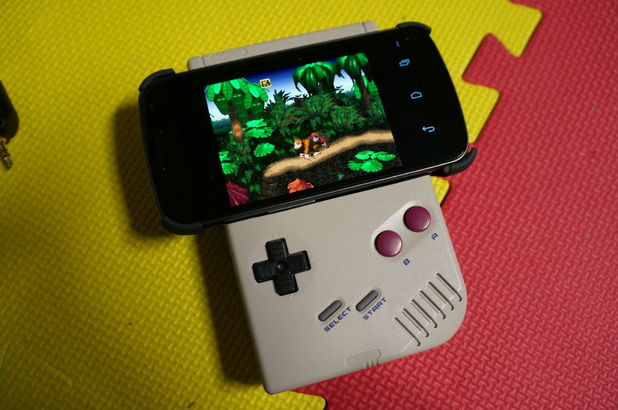
Much is made of apps that are geared toward productivity or social media, and rightfully so. We need to be productive and social media keeps us connected. What about those times where you just want to relax, or have a distraction. You have them, I have them, everyone has them. We're talking about Android games!
No matter which Android device you use, chances are you have a few games you play pretty regularly to kill some time. Whatever your taste, there is sure to be a game on the Play Store to fit your needs. We've been wondering, though: with all those studios closing or on the verge of disaster, is Android gaming in good shape?
The trouble with gaming
When we read stories about studios closing or in financial trouble, we're left to wonder what went wrong. We all play the games and have fun doing it, so why are they going broke? Unfortunately, the answer to that may be a little closer to home than you'll like.
The Zynga dilemma
Zynga, best known for Facebook games like Farmville, is in deep financial trouble. News this week suggests the already struggling company has lost another 12% in value, dropping to $3.25/share as of February 14. This is a stark difference to March of last year, when the studio was trading at a high of $14.69/share. The question we ask now is what happened, and how did it fall so fast.

Zynga forged a relationship with Facebook early on, as its games were a large part of what kept Facebook users on the site. The partnership, in which Zynga was to release games on Facebook first, was a gift and a curse. It may have been the right move to make at the time, but retrospectively it was a mistake. Facebook doesn't allow for monetization in the traditional sense of pay-for-play. Instead, Zynga was essentially forced into the "freemium" model in which users have the ability to purchase points, coins, or the like inside the game.
While Facebook didn't dictate this, per se, its user base was not receptive to paid gaming once the freemium model was in place. This led Zynga to make money by volume rather than directly asking people to pay for the game. If 200,000 people are playing your game, and even 10% make an in-app purchase, you're doing alright. While profitable at the time, it may have spelled disaster down the road.
The Facebook effect
The truth is, Facebook has more people using it that any other platform, and that means more people occupying their time playing games. Once the agreement between Facebook and Zynga was altered, it meant both would explore other options. Facebook is a juggernaut and is impervious to a minor setback. Without an exclusive deal with Facebook, Zynga was left without a reliable income source or audience.
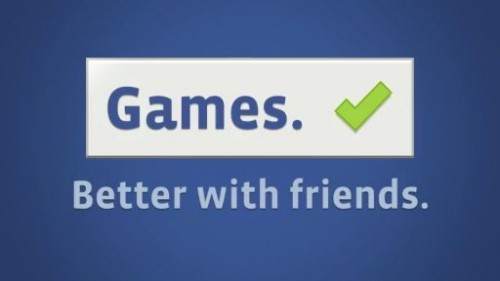
Facebook had long maintained it hit a plateau with gaming and users were growing disinterested in online gaming. Many viewed this as a sly bit of finger-pointing on Facebook's behalf, as Zynga provided many games and was the only partner in the gaming arena. Perhaps Zynga just didn't provide enough original content, or Facebook just grew tired of the partnership. Whatever the case, Zynga was left to fend for itself after investing so much time and effort into Facebook gaming.
Turning to mobile as the go-to platform was the only true option for Zynga, though it wouldn't fare as well. Users were mostly disinterested in what Zynga was offering, and may games didn't translate well to the smaller screens. Like with Facebook, Android users resist paying for apps and even worse resist freemium purchases, meaning Zynga would have to continue to offer its games free and supported by ads.
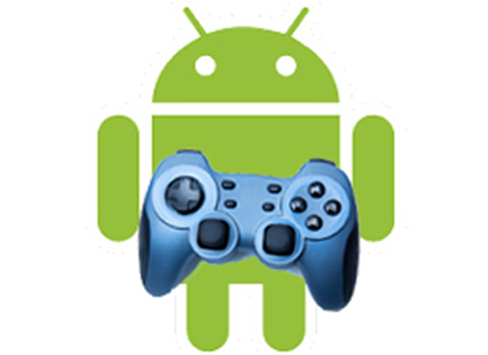
Are developers to blame?
Developers make apps and games, so it's really they who we can point to for flaws. They are, after all, dedicating their days to coding and app testing, right? That's their job! They sit in front of the PC, slowly becoming one with a computer. They answer questions in binary, and see things in lines of code.
Not exactly. To be fair, many developers are independent of any studio, and have other jobs they work to support themselves. Yeah, regular jobs! They make apps and games for fun, and give them away as a means of giving back. Some pour a lot of time into one app and support it vigorously. Others simply make "redirect" apps that take very little time at all, and rarely support them. An app is a reflection of the developer, and a responsible developer will support his game or app.
So, before you get snippy in the Play Store comments, giving an app or game one star because it won't work on your phone, think about who you're condemning. Chances are, the guy or girl who made the game is binge coding between server shifts at the local Applebees, so just relax. If you don't like the product, just get something else. They have done you a service by giving you a free app, or at worst a low-cost one. Be constructive about your criticism.
Is Android a problem?
Android provides a platform and a huge user base, so it's hard to say Android itself is the issue with gaming. With such a huge marketshare, developers are crazy to ignore it. Then again, as users, we aren't helping. We want free apps that blow our minds and have no ads or in-app purchases. We want the moon and are upset when we have to navigate the craters.
New kids on the block
When considering development, Android is a platform, not a device. Our interaction as users of Android is with our phones or tablets, but it goes much deeper than that. Android is available on just about anything now, from TV to phones, it's becoming a true cross-platform monster.
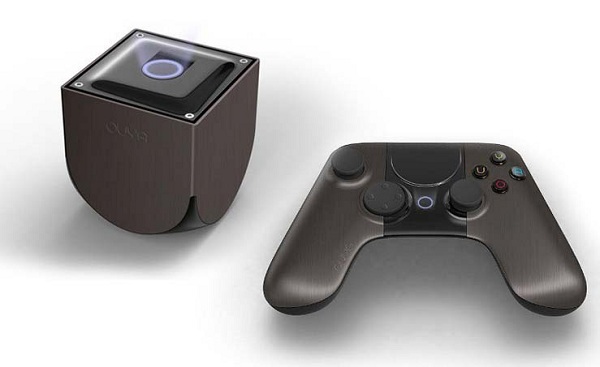
Ouya
We're all anticipating it, and we expect huge things. Ouya promises to bring back console gamin, and at a really approachable price point. For $100, you get all you need to start gaming on the big screen. The best part? It's Android! We'll get our favorite games, and new ones daily. Ouya is meant to be hacked and used as a development tool, so the next big thing in gaming may just come between those shifts at Applebees after all.
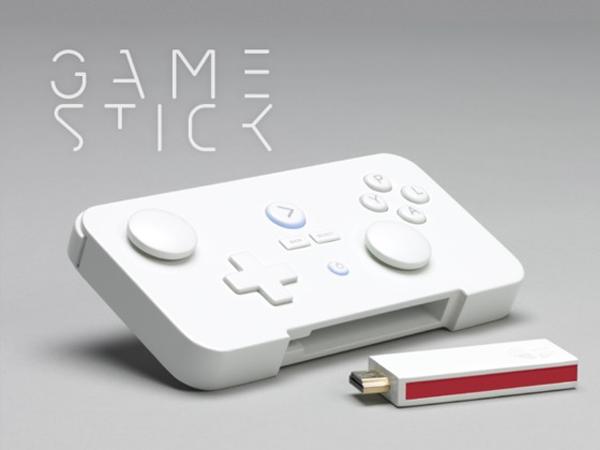
GameStick
GameStick is a lot like Ouya, only much more portable. Rather than the set-top box, we're left with a controller and HDMI dongle that plugs into the back of our TV. No cables, or power cords… just plug and play. Take it anywhere, any time. It's big screen gaming bliss in the smallest package around.
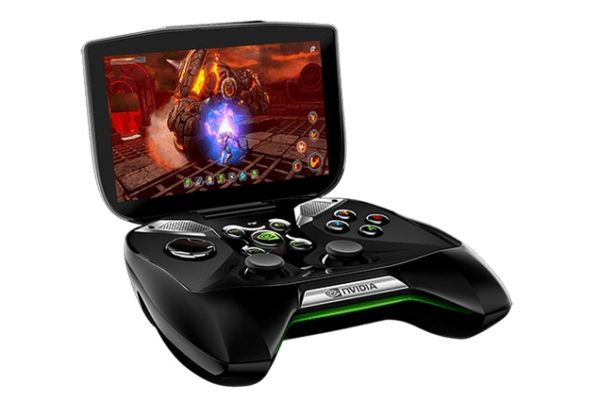
Project SHIELD
NVIDIA shocked the world when they announced Project SHIELD at CES this year. A portable gaming console that promises Android and Steam support, Project SHIELD is going after a long maligned segment: the portable, handheld, all-in-one gaming unit. With so much packed into the little powerhouse, we look for Project SHIELD to make an impact on Android gaming in 2013.
Time is on our side
Like most things, time will heal these wounds. While we lament closing or struggling studios, it may be indicative of a larger problem. Maybe these studios were never solvent, or at least built to be long term. We should also consider whether or not a closing studio really means anything in the grand scheme of things.
Good games come from good developers who enjoy what they do. If those developers truly enjoy making great games, they will continue to do so. Whether it be a solo project, starting their own studio, or working with an existing tribe of developers, talent will find a way to showcase itself.
Let's also be honest that we don't get a game, paid or otherwise, because of the studio developing it. We don't subscribe to the next great Rovio game, we look forward to Angry Birds. We like good stuff, not the name behind it. Sure, certain developers or studios have the touch people enjoy, but it's the game we look forward to.
Android works
The great thing about Android, in terms of gaming, is that it's cost effective. Devices are low-cost, and developing for it is free. We are bombarded with new devices and games daily, so there has to be some credence to it.
Android itself is pretty new and Android gaming is just rounding into shape. Developers would be wise to look at the current landscape and study why others have failed. Console gaming is starting to give way to mobile, and Web App games have seen their heyday come and go. Android really is the new frontier, and like most roads not yet travelled, it's going to be bumpy until we all figure it out.

Conclusion
At the beginning of this article, I mentioned the problem may be a little closer to home than you'd be comfortable with. As it turns out, we're part of the problem. As much as we hate to admit it, we're pretty tough on developers. Sure, we all want a great product, but let's not be afraid to spend a buck or two to support it. So often, we ignore good paid games in favor of an inferior free one. If we want Android gaming to flourish, we have to change our mindset about paid games, and support developers as much as we want them to support us.
We have to trust developers to only charge us for great games and not be afraid to ask for a refund if it's not what we think it should be. If you want good games, you'll have to give developers a reason to leave Applebees and focus on game development full time. Otherwise, we're doomed to live in a $0.99 Disney game hell.
Source: https://www.androidauthority.com/android-gaming-156332/
Posted by: dannydannydearine0271869.blogspot.com